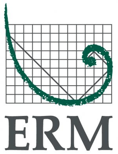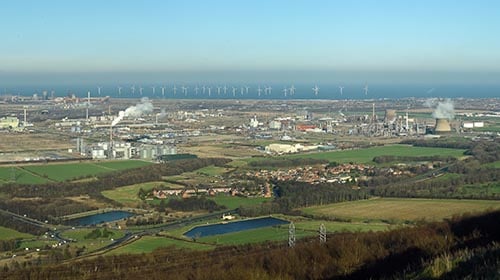SDG contribution
Sustainability means better outcomes
Created by the United Nations in 2015, the Sustainable Development Goals (SDGs) comprise 17 goals and 169 actionable targets to end poverty, fight inequality and injustice, and tackle climate change by 2030. As corporate responsibility and climate-related risk have an increasingly more direct impact on a company’s financial standing and reputation, aligning core business strategies with the SDGs has the potential to offer an organization new market opportunities and to help retain or regain its license to operate.
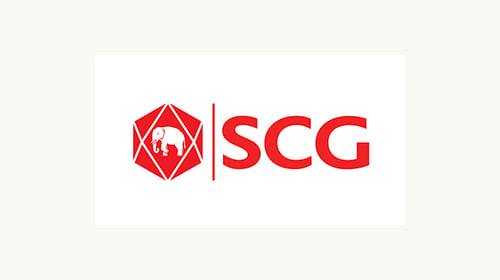
Helping SCG in Indonesia align with the SDGs
Using a stakeholder engagement process, we helped SCG Indonesia assess and prioritize key issues, such as community and society development and energy management. We helped the organization understand and identify the critical issues that will advance its sustainable development roadmap in Indonesia.
ERM colleagues in Indonesia and Thailand worked in close collaboration to ensure alignment with SCG Corporate’s approach to sustainable development. With this project, SCG is continuing to strengthen its competitive position while building its brand and sustainable growth in Indonesia.
Creating a roadmap for achieving the Sustainable Development Goals (SDGs)
Increasingly, investors realize that company risk and growth are tied to sound environmental and social practices. Contributing to the SDGs will serve to enhance returns, mitigate risk, strengthen reputation, drive innovation and much more, as documented by the Business and Sustainable Development Commission.1 Full integration of the SDGs into business strategy has the potential to contribute significant market opportunities and jobs around the world.
Many companies and a few sectors have taken the first step to mapping the SDGs against their existing activities. However, making the leap from mapping to using the SDGs to strategically innovate, grow and demonstrate progress has proven more challenging. ERM helps companies not only with mapping, but also in developing, tracking and communicating their strategy and progress in contributing to the SDGs.
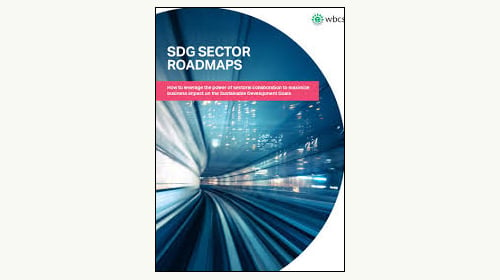
Building SDG sector roadmaps
WBCSD recently launched its official guidelines for SDG Sector Roadmaps, developed with technical support from ERM.
We are leading the development of practical, accessible guidelines to assist leading companies in articulating a common vision for how their industry can implement SDGs to optimize business value – not only as individual companies, but also for entire sectors.
ERM currently is working to complete the first sector-based roadmap for the chemical sector. This initiative is driven by a selection of leading chemical companies and industry associations. The roadmap identifies areas where the chemical sector can have the most impact and explores key opportunities and pathways to accelerate and optimize this impact on the road to 2030, while also presenting a strong business case for action. The chemical sector guide is expected to be published in mid-2018. ERM is also working with a number of other sectors on their roadmaps.
Helping clients with their sustainability journey
In addition to helping business address the SDGs at a macro level, such as our sector-level roadmaps with WBCSD. We also work with companies on addressing the SDGs in a practical manner that creates business value, from strategy and goal development to measuring and reporting on progress.
Working with leading energy company in Thailand to develop SDG strategy
Based on selected priority SDGs, we helped the client understand its baseline performance, identify relevant initiatives and key performance indicators, and set targets. We have also helped the client define methodologies for measuring and communicating impact resulting from the strategy implementation. Adoption of SDGs in business strategy has helped the company understand its current contribution to society and design investing strategies for better impact.
For more than four decades, ERM has been working with clients around the world and in diverse industry sectors to identify and leverage opportunities to improve performance and profitability, strengthen their reputation and relationships with key stakeholders, and enhance competitive advantage by embedding sustainability across their businesses.
Assuring J&J progress towards its SDG targets
As part of the assurance of its 2017 reporting, the global health care company Johnson & Johnson asked ERM CVS to assure its progress status for each of its 2020 SDG targets. Our in-depth investigation of the underlying methodologies and the 2017 results for the supporting programs gives senior management and external stakeholders confidence in the disclosed results, as well as recommendations for improvements to goal definitions and underlying reporting processes going forward.
Within any organization, improving sustainability can cover a range of issues, from responding to megatrends such as climate change and developing new products to retiring legacy assets and operating in an efficient, compliant and responsible way.

Understanding the business drivers for sustainable remediation and their link to the SDGs
Alan Thomas, ERM Technical Fellow based in Oxford, United Kingdom, and Kevin Morris, ERM Technical Director based in Philadelphia, Pennsylvania, United States, led a client webinar on "The Business Case for Sustainable Remediation." The presenters provided an update on current thinking and practices in sustainable remediation and discussed how to promote and get support to build a sustainable remediation program with internal stakeholders through recognizing linkages with corporate sustainability indicators and the broader SDGs. They shared examples of best practices that demonstrably show value by managing sites in both a sustainable and cost-effective manner while considering all stakeholders.
Guest speakers Jonathan Smith, Shell Global Solutions, and James Henderson, DuPont, provided insight on the business drivers and challenges at a portfolio and site-specific level.
Alan Thomas recently spoke at the Global Symposium on Soil Pollution in Rome, Italy, on “embedding sustainability in contaminated site management: practical experiences and case studies.” The symposium was jointly organized by the UN Food and Agriculture Organization and its Global Soil Partnership, Intergovernmental Technical Panel on Soils, together with the Secretariats of the Basel, Rotterdam and Stockholm Conventions, UN Environment and the World Health Organization.
ERM’s contribution to the SDGs
ERM supports the SDGs. We contribute to them in three ways within our value chain, through:
- Our consulting services with and for clients and other leading organizations;
- Our operations; and
- The ERM Foundation.
Focusing on the SDG targets and indicators, in keeping with evolving best practices, will be the most effective and measurable way for ERM to support the SDGs.
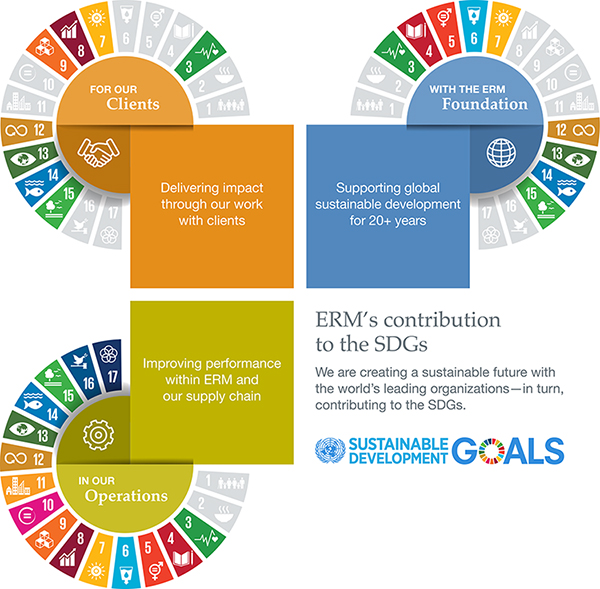
ERM's purpose is shaping a sustainable future with the world's leading organizations. ERM continues to build our global expertise as we collaborate with key international standard bodies, industry organizations and investor groups.
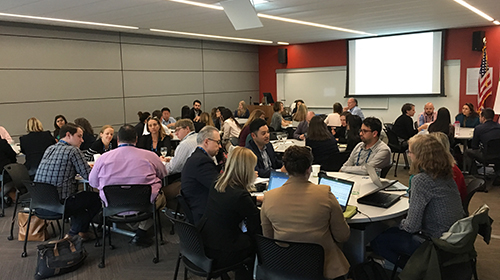
From mapping to action: SDGs as a framework for delivering transformative change
The presenters shared experiences, tools and examples of company and sector initiatives to drive ambitious action for change. Throughout the session, it was clear that many participant organizations want to contribute to the SDGs, but do not know where to begin.
Through the group discussion, several areas of consensus emerged. Companies should prioritize the SDGs and focus their efforts on a select few. Business, and not only government, has a key role to play in delivering on the SDGs. Some SDGs are more relevant than others, and measuring your company’s impact is difficult but important. There is momentum around the SDGs, and companies feel pressure from stakeholders to demonstrate their contribution.
Although our work with clients and other leading organizations represents our most significant contribution to achieving the SDGs, ERM also supports the SDGs through our own operations and the activities of the ERM Foundation. Our colleagues asked ERM’s sustainability team to share current thinking on how the world is shaping a sustainable future, and so we ran a series of employee-led webinars on the SDGs. More than 1,000 ERM employees participated in 8 webinars, presented in 3 languages by 19 ERM colleagues.
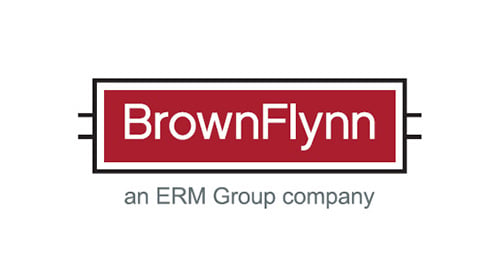
ERM acquires strategic sustainability consultancy BrownFlynn Ltd
Established in 1996, BrownFlynn advises Fortune 500 and privately held businesses on all aspects of corporate sustainability advisory services: setting strategy, helping navigate reporting frameworks and ratings, undertaking materiality assessments, setting bold goals and key performance indicators, communicating progress through design and storytelling, and monitoring environmental, social and governance trends.
This acquisition also complements ERM's strengths in data management and technical solutions in addressing the sustainability challenges facing companies and stakeholders today.
1. To learn more about the Business and Sustainable Development commission, visit http://report.businesscommission.org/.
